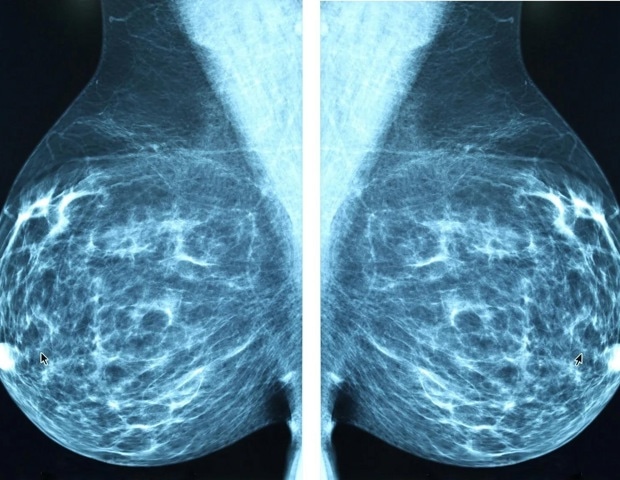GPs to fast-track patients for heart, cancer and asthma tests

Patients suffering from symptoms related to asthma, cancer, heart failure and other conditions will be fast-tracked for scans and tests under plans that allow GPs to bypass hospital doctors to ensure people get their diagnosis weeks earlier.
The NHS will attempt to reduce pressure on health services by allowing family doctors to refer patients with worrying symptoms directly for diagnostics such as ultrasound scans, x-rays and blood tests. It means that hundreds of thousands of patients will no longer need to see a consultant first.
The plans are part of the government’s attempts to ensure that 92 per cent of patients wait no longer than 18 weeks for routine treatments by the end of this parliament — a target that has not been met for nearly a decade.
Sir Keir Starmer, the prime minister, will give a speech on Monday in which he will outline how the government intends to hit this target. It is expected to see both resources and expertise diverted from hospitals into community settings to relieve pressure on services.
Wes Streeting, the health secretary, said that the current system wasted the time of patients and meant it took longer to get a diagnosis.
He said: “As patients, we’ve all experienced the hoops you have to jump through to get the test or scan you and your GP know you need. It’s a waste of patients’ time, delays diagnoses when every minute matters, and means that consultants are forced to tick boxes rather than treat patients.
“The reforms we’re announcing next week will speed up diagnoses and free up NHS staff to treat more patients. Our plan for change will cut waiting lists from a maximum of 18 months to 18 weeks by the end of this parliament.”
• Treat the sickest and forget targets, Wes Streeting tells NHS
Under the plans from NHS England, patients with conditions including breathlessness, asthma in young children and post-menopausal bleeding will be able to ask their GPs to book them diagnostic tests directly. Other conditions that can be referred directly include hearing loss, bladder problems and bowel conditions.
Patients with breathlessness could be suffering from a range of conditions including heart disease, cancer and other respiratory problems. Initial diagnostic tests for breathlessness commonly include chest x-rays, blood tests and breathing tests.
According to NHS guidance, post-menopausal bleeding would usually be assessed with a vaginal ultrasound or a hysteroscopy using an internal camera; the condition could be linked to cancer or fibroids.
Patients with bowel and bladder problems could also be initially examined with blood, stool or urine tests, or with ultrasounds.
Direct referrals for tests have already been piloted in some regions
GETTY IMAGES
Starmer’s target of ensuring that 92 per cent of patients wait no longer than 18 weeks for non-urgent treatments looks increasingly challenging. In October, just 58.9 per cent of patients were seen within the 18-week standard. That month, 6.3 million patients were waiting for 7.5 million appointments, down from the peak of 7.77 million in September 2023.
The government has now pledged that 65 per cent of patients will be seen within this window by March next year, with a longer-term goal of92 per cent by 2029, according to the Health Service Journal.
Tim Mitchell, the president of the Royal College of Surgeons of England, said: “Too many patients are enduring months of pain and anxiety on waiting lists, so a new plan for reducing waiting times will be very welcome.”
He added that the government was “likely to fall short” of its target of seeing 92 per cent of patients within 18 weeks at the current pace of improvement.
Many patients are currently waiting far longer than 18 weeks for care. Patients in 234,885 cases in October had waited more than 52 weeks — and in 20,930 cases they had waited more than 65 weeks.
Mitchell added: “To reduce waits for patients for the long term, the NHS must also support training opportunities for the next generation of surgeons — particularly in private hospitals, which are delivering more and more NHS care.
“Our surgical workforce census revealed significant challenges for trainees, with over half [52 per cent] citing insufficient time for training.”
Direct referrals for tests have already been piloted in some regions for suspected cases of cancer, with schemes in Manchester and Leeds finding that similar numbers of lung cancer cases were diagnosed when patients referred themselves for testing, instead of GPs.
link







